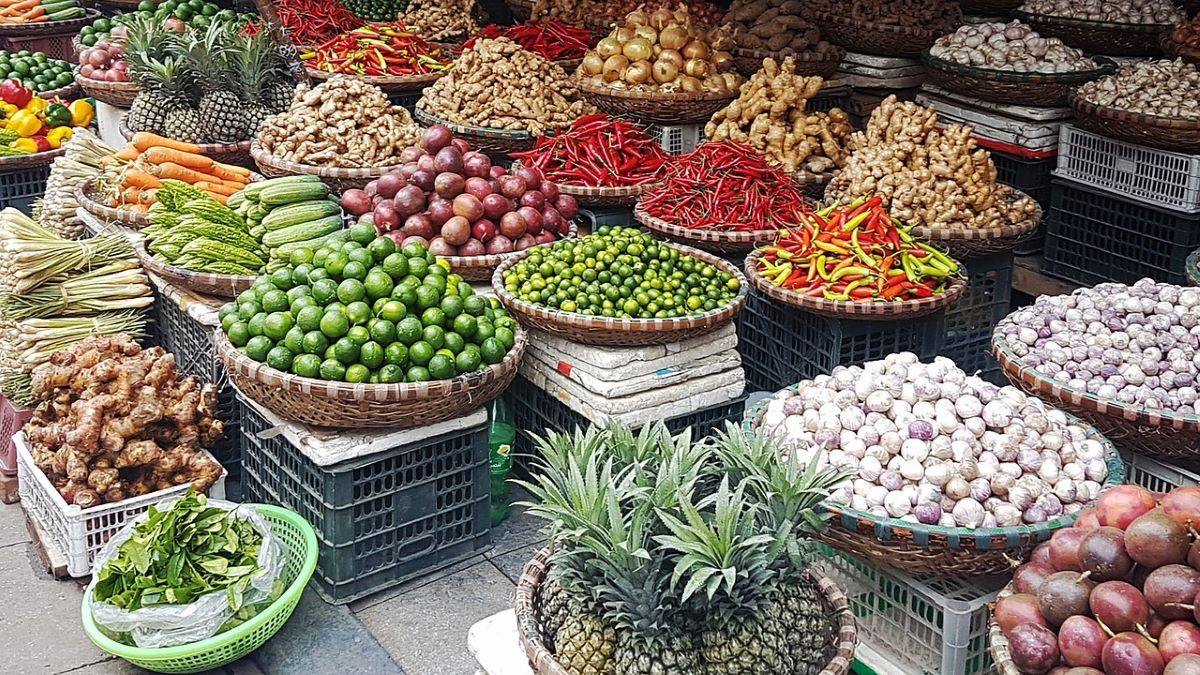
The Ministry of Agriculture has released a statement in response to the recent discussions regarding the surge of imported fruits and vegetables in local markets. In their official statement, the ministry criticized the head of the Jordan Exporters and Producers Association for Fruit and Vegetables (JEPA) for making statements that allegedly prioritize personal farming products over the interests of farmers and consumers.
The ministry emphasized its dedication to safeguarding local production, preventing monopolies, and protecting consumers from exploitation. It aims to maintain a balanced agricultural equation that benefits all stakeholders, including farmers, traders, and citizens.
To ensure a fair balance, the ministry highlighted its approach to regulating the import process while preventing any party from inflating prices. Their objective is to guarantee the availability of products without compromising the interests of local farmers and consumers.
Regarding specific produce, the ministry announced a halt on garlic imports since February of this year. The purpose is to encourage local garlic cultivation and achieve self-sufficiency. Over the past three years, the ministry's policies have successfully extended the period of self-sufficiency in garlic from two months in 2021 to six months in 2022. The current target is to reach nine months of self-sufficiency this year.
In a similar vein, potato imports have been suspended since 2017 to promote domestic potato production. However, due to frost damage and a decrease in market availability, the ministry temporarily allowed the import of approximately 200 tonnes in late October of last year. This measure aimed to stabilize prices for citizens.
Regarding lemon imports, the ministry has implemented regulations to avoid direct competition with local products. While imports of Arab lemons have been stopped since May 25, 2023, African lemons continue to be imported to meet market demand. African lemons are not in direct competition with local products due to their higher costs and shipping expenses.
As for peaches, the ministry suspends imports from the end of May each year, despite the actual production meeting market needs starting in early July. However, due to shipping delays, a container of peaches arrived from South Africa in late May.
The ministry justified this import by explaining that the quantity of peaches available in the market was still insufficient to meet demand. The 19-tonne shipment was considered necessary and would not flood the market.









